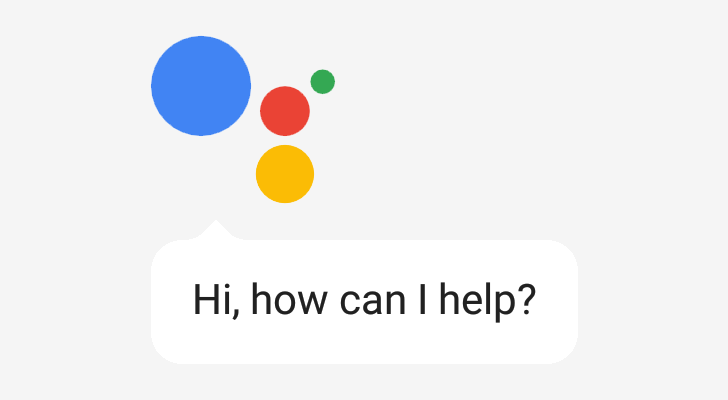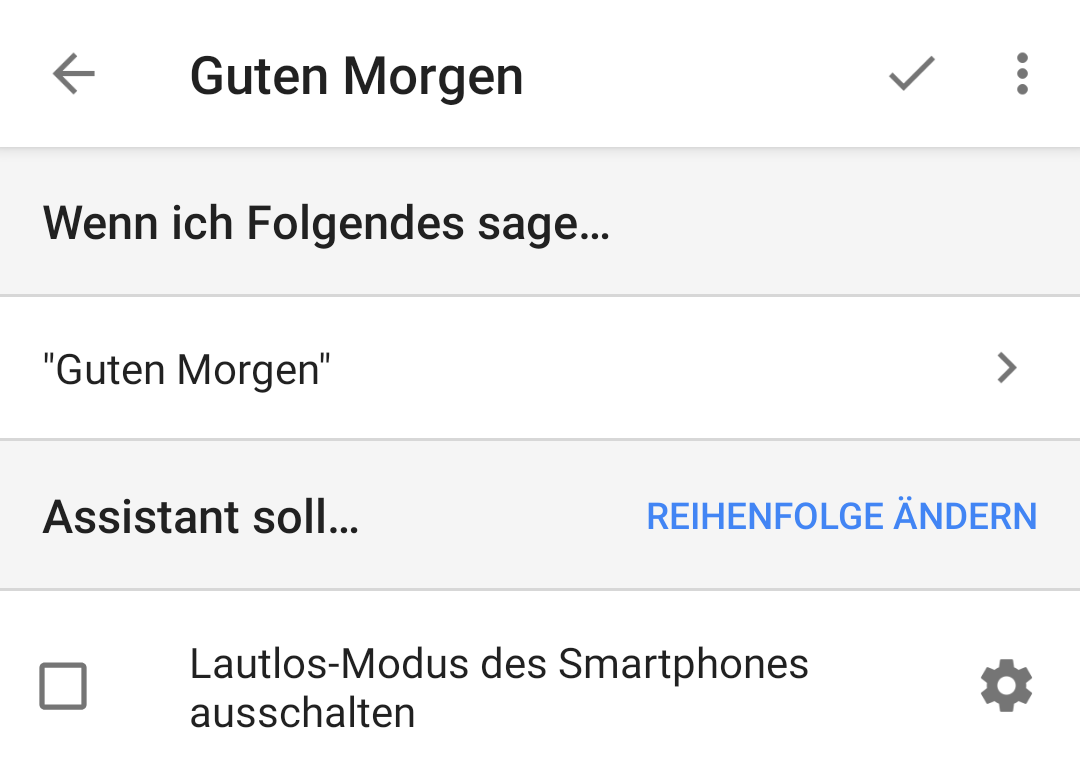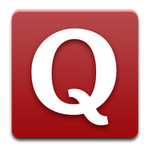latest

Read update
Google's Assistant newest iteration, which launched with the Pixel 4, has a few tricks up its sleeve, but accessing it has been restricted by some draconian requirements. You need to have a Pixel 4 with gesture navigation, no G Suite account on the same user profile, and everything has to be set to US English. That last limitation will soon be lifted with five new English variants joining in.

Read update
- According to an update made to the Language and Locale Support section of the Actions on Google documentation site, these new higher-quality WaveNet voices will start to roll out on March 4th. The new voices provide users of the Actions on Google platform with voices that meet or exceed a 3.6 mean opinion score (i.e., which provide better perceived quality than the previous TTS voices used).
As with most of Google's products, Assistant is an incredibly powerful tool in the United States, but its functionality is limited in other countries. This is understandable, since there are dozens of other major languages worldwide with countless dialects, and speech recognition for each variation can take a while to develop. At Mobile World Congress, Google announced a massive expansion for Assistant's language support.

Your Google Assistant is bilingual starting today — at least, for any pair of six specific languages
Google's Assistant has been making great strides in both functionality and speech recognition since its original release in the far off year of 2016. In fact, Google says that it has improved so much that, starting today, it can recognize two different languages interchangeably. Your Google Home is now bilingual, something no other digital assistant can do — at least, since Google's other assistant, Google Now. But there is a caveat: it supports only two languages among a list of six.

Google Assistant's routines rolled out in March, then gained customization and scheduling a few months later, but in the time since, routines have always been an English (US) feature. If your Google Home or Assistant on your phone was set to any other language, or any other variant of English, you had to make do with the old My Day feature for a morning routine and not much more. In the past day, however, routines have started popping up left and right for users in several countries.

If English isn't your native language, you're likely to come across a lot of new words online. As is often the case these days, the first thing you turn to is Google. A simple search for the word gives you a definition card with its different meanings, synonyms, antonyms, and some examples of sentences containing it. But if you live in India, you may start seeing a change in the way definitions are displayed.

Since last November, we have been able to issue two queries to our Google Home speakers at once and they would understand them. But at this year's I/O, Google promised improvements to multiple commands that would require less verbosity and would allow more than two commands at a time. Those changes appear to be live, but likely limited to English only.

Read update
- Google has published a blog post announcing the feature, adding that it's also now available on the iOS app.
Google Translate's live camera translation feature is still one of the most impressive features I've seen in a mobile app, and one of the most convincing reasons that Google Glass should be resurrected. Google Translate's 5.7 update, in addition to fixing a sharing bug with Facebook Messenger, adds support for instant English to/from Japanese translation via the camera.

"Hebrew, Hungarian, and Vietnamese" sounds like the setup for a rather tasteless "guys walk into a bar" joke. But don't worry, readers of delicate disposition: it's just the latest update to DuoLingo, the much-loved language learning app. The August 1st update posted to the Play Store lists all three languages as additions to its growing list, so feel free to bone up on them if you're planning an oddly specific bit of international travel.

Knowing one language is for chumps. Oops, I might have alienated a huge portion of our readership right there. But seriously, as someone who can read, write, and fluently speak three languages, I swear by the versatility and opportunities that this kind of skill enables. I wouldn't be here on Android Police if I had stuck to my mother tongue, would I?

Duolingo For Android Can Now Help Dutch, Hungarian, Russian, And Turkish Speakers Learn English [Update: Polish Speakers, Too]
Duolingo For Android Can Now Help Dutch, Hungarian, Russian, And Turkish Speakers Learn English [Update: Polish Speakers, Too]
Looking to learn English? I know a little green bird that just might help you out. Duolingo has been around for years now, but it remains one of the best apps available for learning a new language on a mobile device. Now thanks to the latest update, Duolingo is ready to help Dutch, Hungarian, Russian, and Turkish speakers learn English.

Quora, the popular question-and-answer website, found its way to Android today, releasing an official app that not only brings to the table great features like voice search and a handy widget, but also a user interface specifically designed for Android "from the ground up." Indeed, the app follows Android's design guidelines to the proverbial "T," right down to the app's launcher icon with its ever so slight downward perspective.

Every once in a while we get a humorous tip that is just too good to pass up. Check out what happens when you translate "Android 2.3.4" from German to English with Google Translate:

When a quality game hits the Android Market, we can't stay quiet. When a game that comes with over 1GB of data hits the Market, we absolutely have to give it a mention, especially when it is exclusive to Android and is a high quality English version of a Japanese Tactical RPG.

One of the most sought for features of the Google Docs mobile interface has always been support for editing documents. As its stands now, you get read-only access, and any editing functionality can be achieved by using external apps, which is far from ideal, especially for quick edits. Note that I'm talking about documents and not spreadsheets here - those have been editable for quite a while now.







